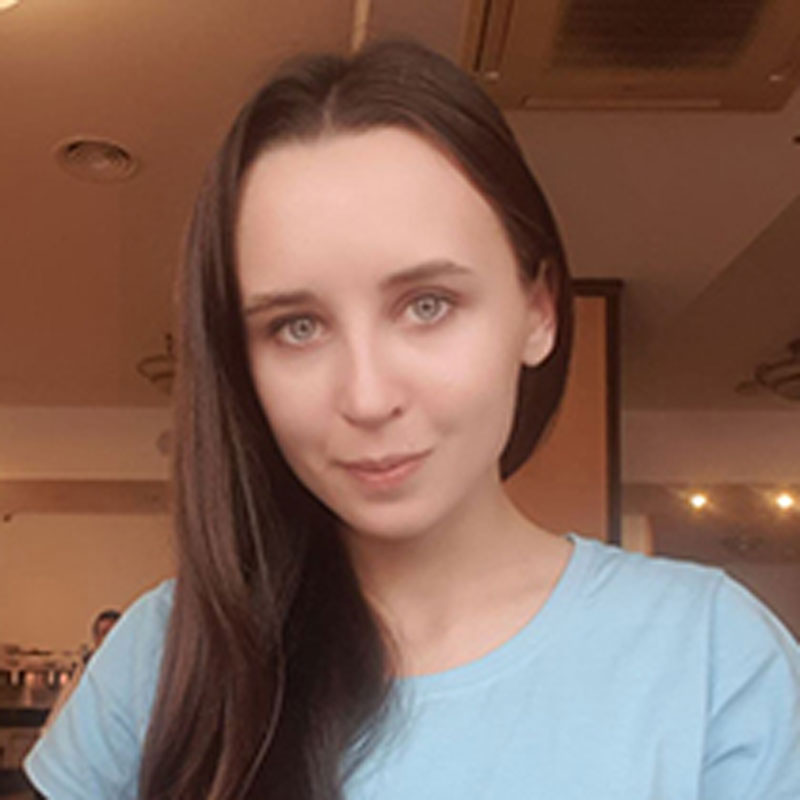Europe’s Rotaractors mobilise 2,000 families for Ukrainian refugees

Ukraine, RID 2232
Really inspiring is the story of Rtr Iryna Bushmina, the DRR from Ukraine, RI District 2232. In her first-person account, published as an RI blog, she says she left Kyiv “in the first hours of the war. My sister, her husband, her three-month-old baby and a cat, were in the car.” When they reached the border, men were prevented from leaving the country, so she, her sister and nephew continued to drive.
After a harrowing six days, they reached Vienna, staying the nights in three different countries, thankfully, not in hotels but the homes of Rotarians and their families. “I used to just say that Rotary International is a big family, now I really believe it. And I am convinced that this is a family that will stand by you. These are no longer beautiful words to me, this is reality.”
But while driving, the traumatised Rotaractor thought positively; surely she wasn’t the only person who needed help and support. Why not mobilise Rotaractors in Europe? As her sister was driving, “I had my hands free. I started writing in groups where there were Rotaractors about the situation in Ukraine. A lot of Rotaractors instantly responded. People immediately created groups with different focus areas and helped me to lead them. These were not perfectly thought-out projects, but they were projects that started working from the first day.”
Amazingly, and with the speed of the young, Rotaractors responded quickly, and “we began with small projects to help Rotarians and Rotaractors of Ukraine find accommodation in other countries. Now, the project has grown, and we are helping many Ukrainians find a new home for the first time. We have lined up more than 2,000 host families to take in refugees.”
I used to just say that Rotary International is a big family, now I really believe it. And I am convinced that this is a family that will stand by you.
— Iryna Bushmina, DRR, RID 2232, Ukraine
Apart from helping the fleeing Rotarians find homes, the Rotaractors are also providing humanitarian aid; “the biggest need now is to find helmets, thermal images, body armour and the like for the Ukraine defence forces,” writes Iryna.
She says that “what hurts the most” is that they are not able to fulfil simple requests for food and water for the people in Ukraine, as the “the Russian army is blocking us from bringing humanitarian aid to civilians and they are dying from hunger and dehydration.”
Her international team of Rotaractors has over 100 people, and her team in Ukraine has some 50 people. They are all working to disseminate the right information on the present state of affairs in Ukraine; find accommodation and hosts for Ukrainians fleeing the war zone; sending humanitarian aid and securing financial support for those who need it.
The young woman says that not all those they have helped have written back to express their gratitude, but this is understandable as they are under huge “fear and stress, spending three to four days at the border. We do not need them to say, “thank you”. We just need to make sure these people are safe and that they get what they need to survive and help others. Now is the time for understanding. Of course, when some of the people do write their appreciation, it is a pleasure!”
